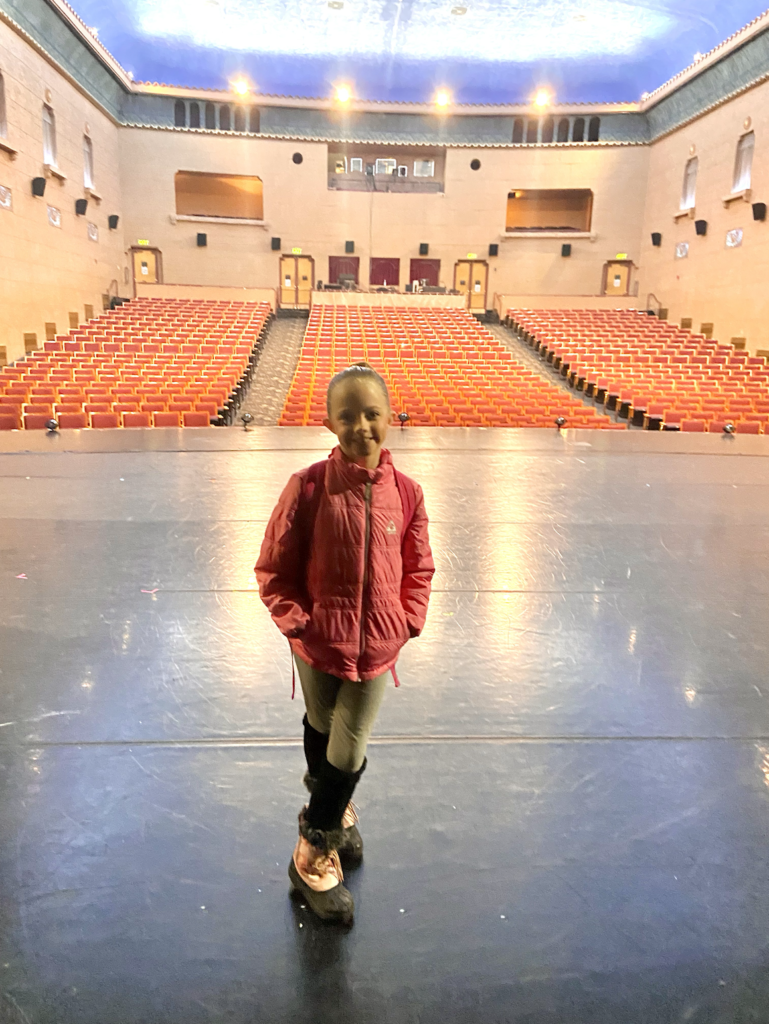Music Appreciation: Recital Attendance
 Perhaps one of the best ways to promote and teach music appreciation to your students is to have them attend recitals and concerts. I know that when I personally attend piano recitals and symphony concerts, I am always so inspired to be a better musician and to practice more. I love getting to know new repertoire by hearing it performed live. A student who has never been to the symphony or to the recital of a talented pianist is truly missing out on a wonderful experience that most likely will influence them greatly.
Perhaps one of the best ways to promote and teach music appreciation to your students is to have them attend recitals and concerts. I know that when I personally attend piano recitals and symphony concerts, I am always so inspired to be a better musician and to practice more. I love getting to know new repertoire by hearing it performed live. A student who has never been to the symphony or to the recital of a talented pianist is truly missing out on a wonderful experience that most likely will influence them greatly.
- Local major symphonies/orchestras – If you are lucky enough to have a major symphony near you, what an opportunity for a young pianist! They often have wonderful student discounts (tickets for as low as $8 or so) and even do concert series designed particularly for children and young people. And of course they often feature amazing pianists!
- Community symphonies/orchestras – Although maybe not quite as talented as the larger, more professional symphonies, these local community groups can be wonderful opportunities for students to experience an orchestra (usually for very affordable rates).
- Local university/college music departments – If you have a university with a music department near you, chances are there are many performances (student recitals, faculty recitals, band and orchestra concerts, choir concerts, etc.) which are open to the public and are absolutely free of cost. Don’t miss out on this awesome opportunity for your students!
- Major piano competitions – many cities host international piano competitions (for example, the Gina Bachauer International Piano Competition held in Salt Lake City) – often you can purchase tickets or even get in for free!
- Studio master classes/performance classes/studio recitals – even events held in your own studio can help familiarize your students with piano repertoire and help them gain an appreciation for music.
- Performing for your students! – why not perform for your students at your studio recitals? This can be a great motivator for your own practicing (hehe) while at the same time introducing some great music to your young students.
- Joint studio recitals – join forces with another local piano studio and have the studios perform for each other – students will get to hear new repertoire and possibly discover some great pieces they’d love to learn as well!
I have included a Recital Report sheet that I created for my studio – haven’t used it yet but hopefully I will in the near future!
How have you encouraged recital/concert attendance in your studio?



























